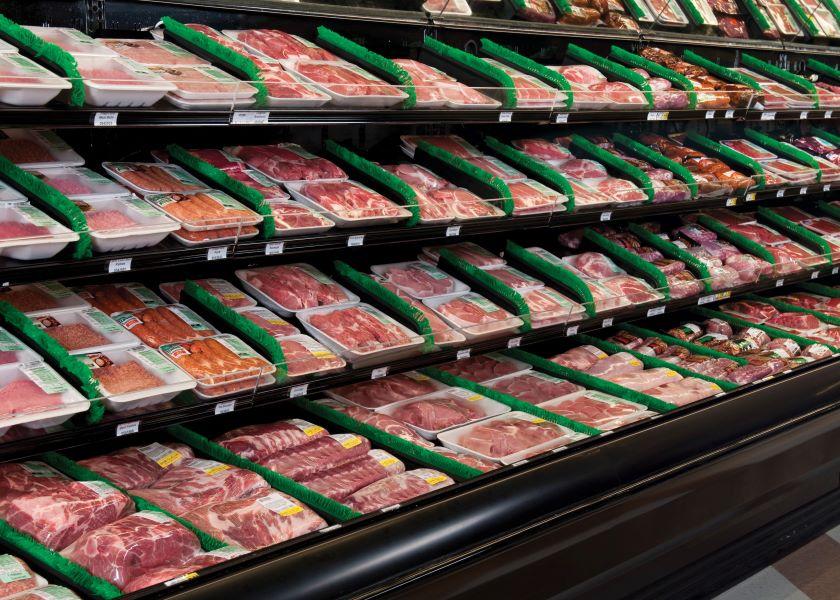Attorneys Call on Congress to Pass the EATS Act Now

Iowa Attorney General Brenna Bird led 16 states in a letter to U.S. Congressional leadership on Aug. 9, urging the passage of the Ending Agricultural Trade Suppression (“EATS”) Act. The EATS Act seeks to preserve states' rights by limiting their ability to impose agricultural regulations on other states.
“As Attorneys General, we have expertise in defending our States’ laws. The EATS Act gives States the tools they need to protect farmers and ranchers. By explicitly authorizing courts to issue a preliminary injunction while a case is pending, the EATS Act ensures that food markets will not be disrupted while a court figures out whether a State’s new regulation is lawful,” the authors wrote in the letter.
The bill prevents California from regulating farmers and ranchers across the country by preserving states’ authority to regulate agriculture within their own borders, according to a release.
California’s Proposition 12 requires out-of-state pork producers to comply with strict farming regulations if they want to sell their products in the state, the release pointed out. Because California accounts for approximately 13% of the nation’s pork consumption, it has major influence over the whole market.
“California needs to keep their hands off our bacon,” Attorney General Bird said in a release. “No other state should be dictating how Iowans farm, let alone California’s bureaucrats. The EATS Act stops California’s overreach and gives state attorneys general the tools they need to fight for farmers and ranchers. We urge Congress to pass the EATS Act and stand up for livestock producers across the nation.”
This letter was proceeded by a coalition of 11 governors, including Iowa Gov. Kim Reynolds, who wrote to U.S. Congressional leadership in June to encourage the passage of the EATS Act.
Iowa led the letter joined by Arkansas, Idaho, Indiana, Kentucky, Mississippi, Missouri, Montana, New Hampshire, Oklahoma, South Carolina, South Dakota, Texas, Utah, Virginia and West Virginia.
In the letter, 20 states signed a Supreme Court brief explaining their position on future pork production, Bird said.
“Our States support letting individuals buy the animal products they want and to allow States to lawfully regulate livestock production within their own borders. But when a state decides to regulate outside its borders, and to try to impose its agenda on other states, that goes too far. Regulations like California’s Prop 12 will disrupt farmers’ ability to feed the nation. At a minimum, Prop 12 will force high food prices on the American people. Congress should make clear that a State can regulate how livestock is produced within its borders but not in other States,” the authors wrote.
Senator Roger Marshall, (R- Kan.), along with other Republican partners, introduced the EATS Act in June. Other senators backing the EATS Act include Senators Chuck Grassley (Iowa), Joni Ernst (Iowa), Eric Schmidt (Mo.), John Cornyn (Texas), Tom Cotton (Ark.), Deb Fischer (Neb.), Kevin Cramer (N.D.), Tedd Budd (N.C.) and Bill Hagerty (Tenn.).
“California’s radical-drafted requirements for farmers are hog wild. Justice Kavanaugh recognized that California’s requirements might even worsen animal health and welfare. And because California buys about 13 percent of the nation’s pork, it is prohibitively expensive for farmers to separate out California-approved pork from the rest. California’s burdensome regulations will put small, medium, and possibly even large pork producers out of business. And American consumers won’t be able to afford bacon for breakfast,” the authors wrote.
Read More:
Is the EATS Act the Answer to Prop 12 Concerns?
EATS Act: Preserving Free Market Commerce in Agriculture Amidst Prop 12







